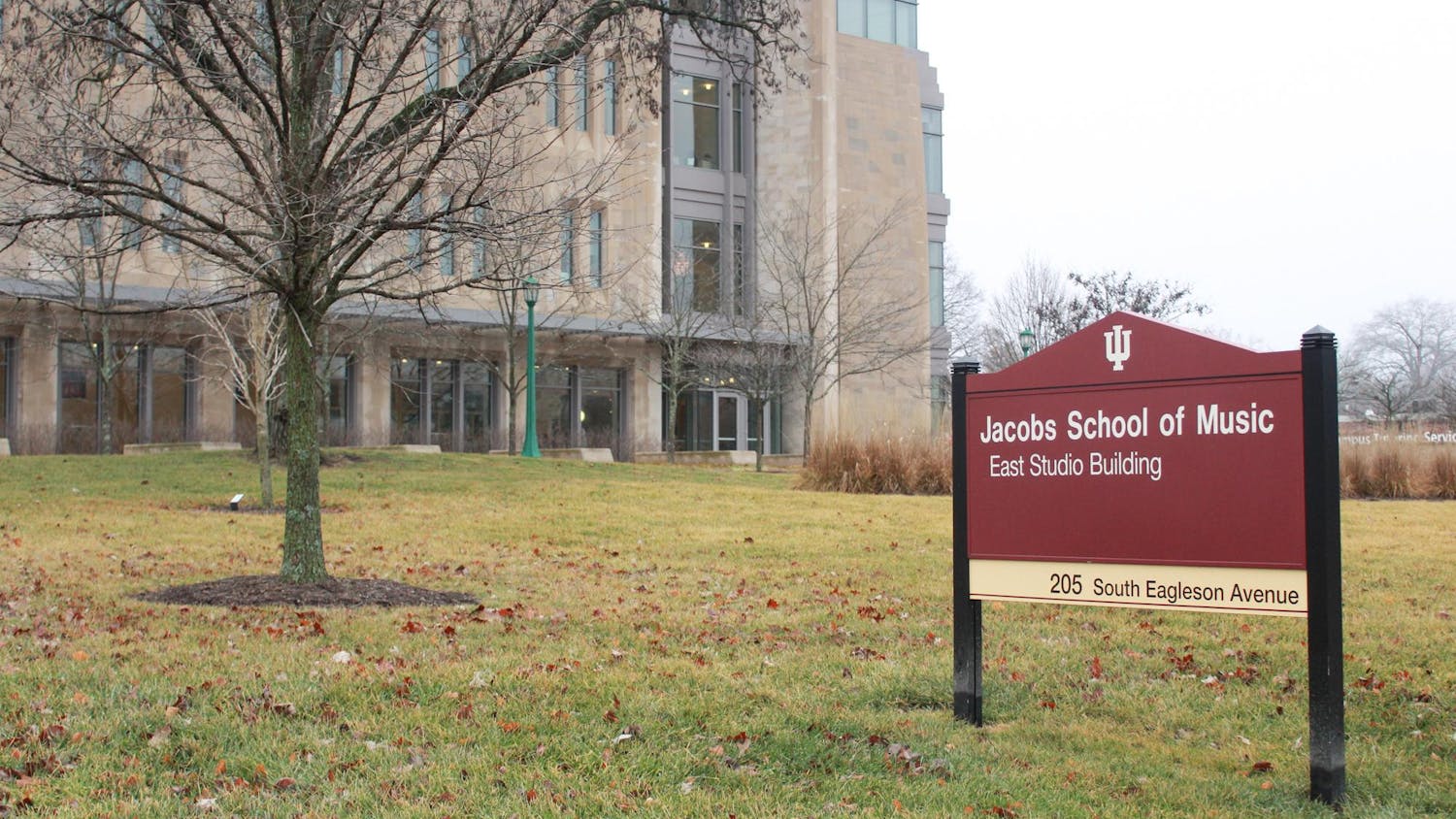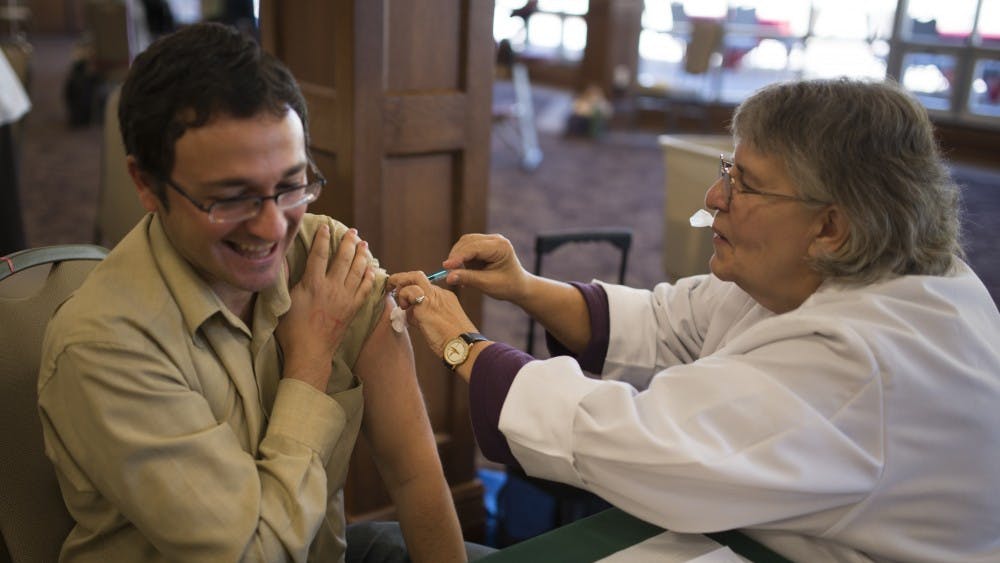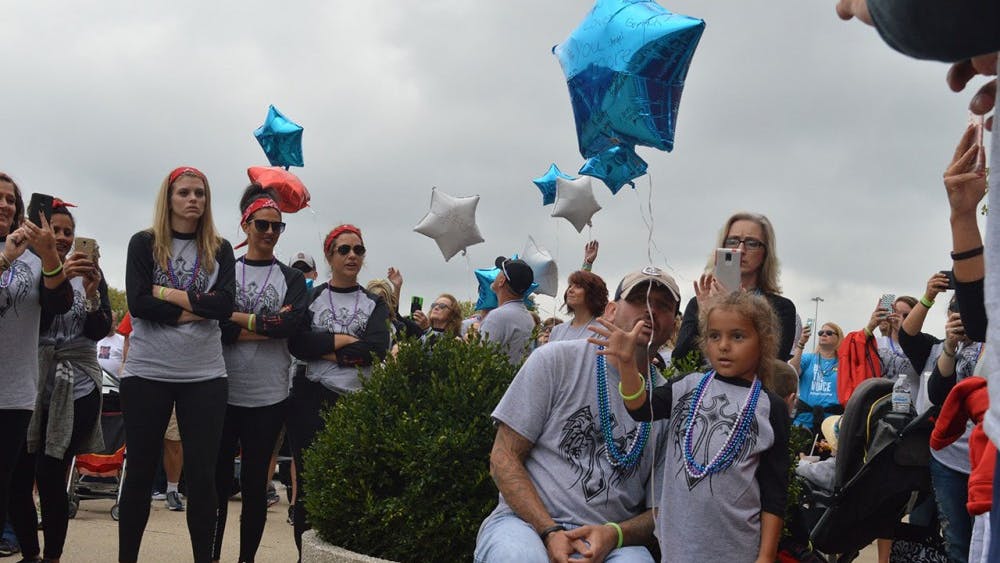QUESTION: I have a friend who is having some issues with her ex-boyfriend, and made a comment to me about how she was wondering if perhaps she was homosexual because she had never really been attracted to very many of her past boyfriends, but realized that she wasn’t attracted to girls, either. I’m familiar with the general concept of asexuality, but I wasn’t able to find much information online. How does a person know whether or not they’re asexual, and can an asexual person have romantic relationships with other people?\nANSWER: These are great questions for anyone – including scientists who study sexuality. The truth is that researchers are only beginning to understand the complexities of sexual orientation, and we know strikingly little about asexuality.\n In biology, the term “asexuality” typically refers to organisms that reproduce without having sex (e.g., note the popular “I wish my homework was asexual so it would do itself” Facebook group). When it comes to human sexuality, however, researchers tend to use the term “asexual” to describe individuals who do not experience sexual attraction. \nThese individuals may either experience no sexual attraction, or else very low levels of sexual attraction when compared to most other people. There may be hormonal explanations for this lack of sexual attraction, but it is likely more complex and there may be several causes of asexuality. Similarly, we do not fully understand why some heterosexual, homosexual or bisexual individuals have higher or lower sex drives than their friends or partners.\n It is important to point out that asexuality typically describes a lack of sexual attraction and that this is stable and usually lifelong – in other words, someone who identifies as “asexual” typically reports that they have never (or very rarely) experienced sexual attraction. This is different than people who, for example, used to feel sexually attracted to other people but now no longer do – perhaps because of a medical condition, sexual or hormonal side effects from medications, or a problematic relationship.\n While most people will experience periods of low sexual interest, desire or attraction at some point in their lives, few people (probably less than 5% of the population) would say that they have never experienced sexual attraction. However, given the lack of rigorous research in this area it is impossible to say with any certainty how common the experience of asexuality may be.\n Because researchers tend to describe asexuality as not experiencing sexual attraction, there is no “test” to know whether or not you are asexual; you simply feel this way or you do not. As for relationships, research suggests that asexual individuals can and do form intimate, romantic relationships. Sometimes these relationships even involve sex. If that surprises you, consider the fact that many people who consider themselves to be heterosexual, homosexual or bisexual occasionally agree to have sex with their partner when they do not want to. People willingly have sex for many reasons other than feeling sexual attraction – for example, to be nice to their partner, to “reward” their partner for an act of kindness or romance, to stop their partner from nagging, to relieve stress or in order to procreate (have children). \n It is therefore not that surprising that some asexual people may have sex, even if they do not feel – or only rarely feel – sexually attracted to their partner. That said, asexual individuals may be less likely to form romantic relationships than others. What some asexual individuals stress, however, is that their lack of sexual attraction is not necessarily distressing or problematic for them, and that they can live full, satisfying and happy lives. Further, they have often learned to create intimate bonds with people in ways that do not require sexual sharing – which is probably a skill that most people could benefit from developing.\nAs for whether your friend is homosexual or asexual or heterosexual or whatever else, it is impossible for us to say. However, it is completely normal for young people to question issues related to their sexuality and she doesn’t have to label her sexual identity now or ever unless she wants to. Some people begin feeling sexual attraction later in life compared to their peers. Others never feel sexual attraction to others, or less often do. It doesn’t have to be a “problem” but if it feels like a problem either now or in the future (possibly in the context of a romantic relationship), she might find it useful to speak with a sex therapist (www.aasect.org) for information or support. She can also connect online with others through the Asexuality Visibility and Education Network (AVEN; www.asexuality.org), which also offers information to the general public.
Kinsey Confidential
Get stories like this in your inbox
Subscribe





